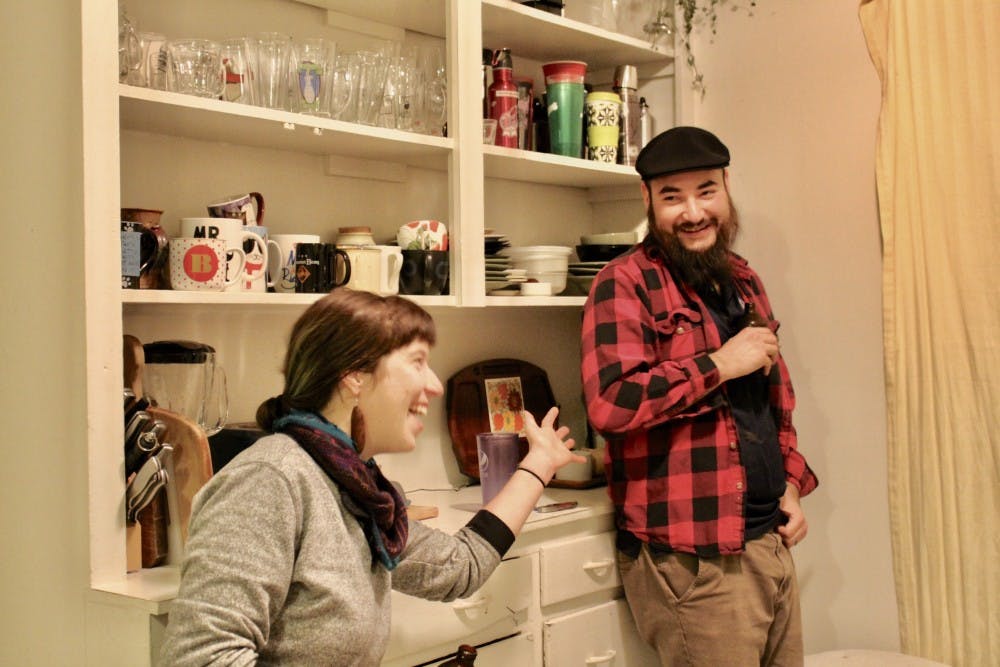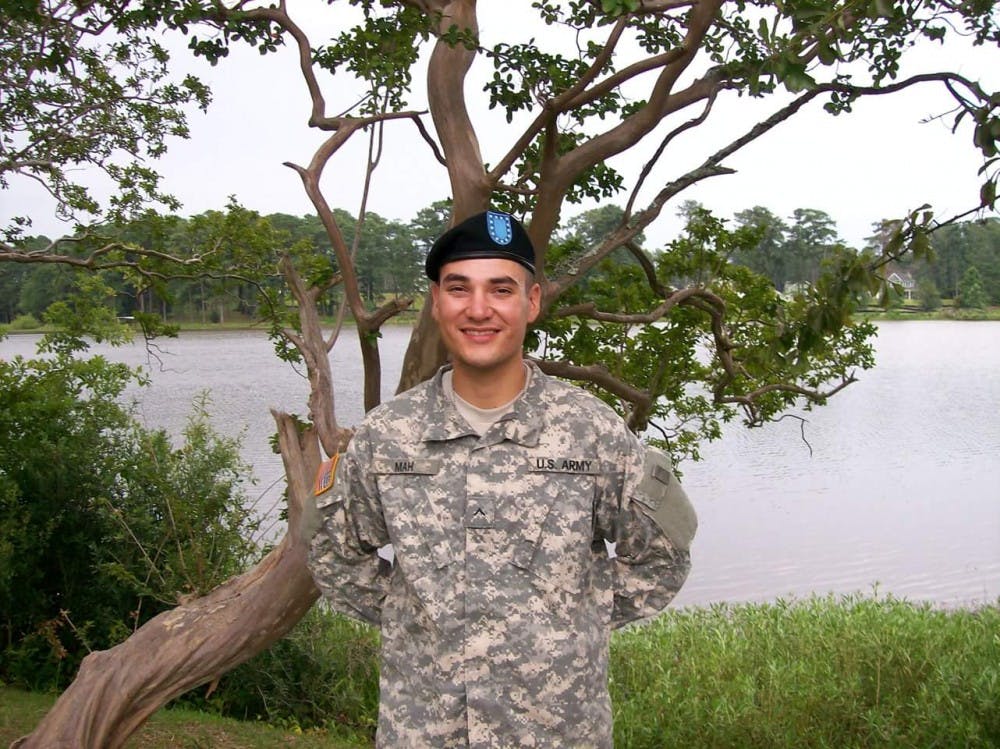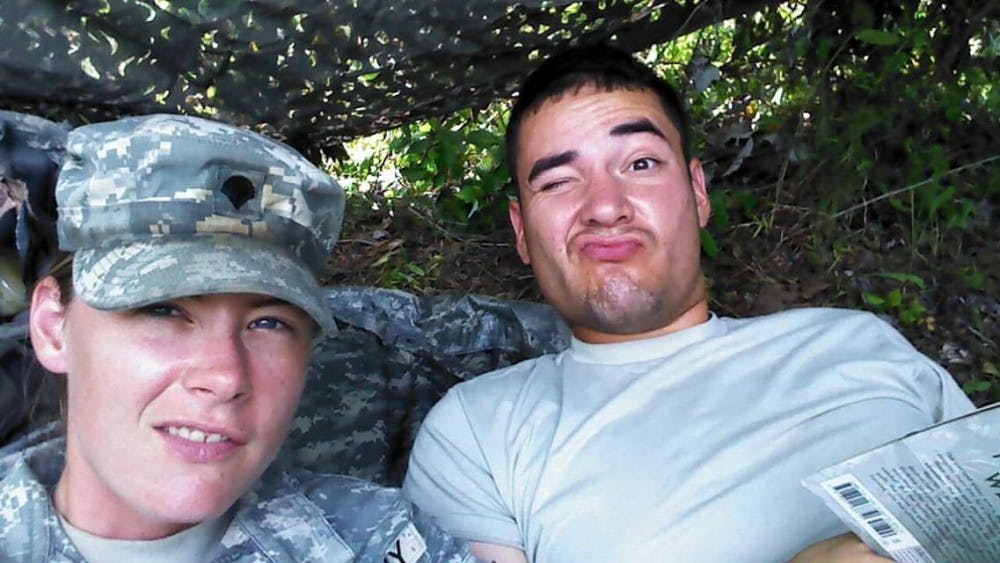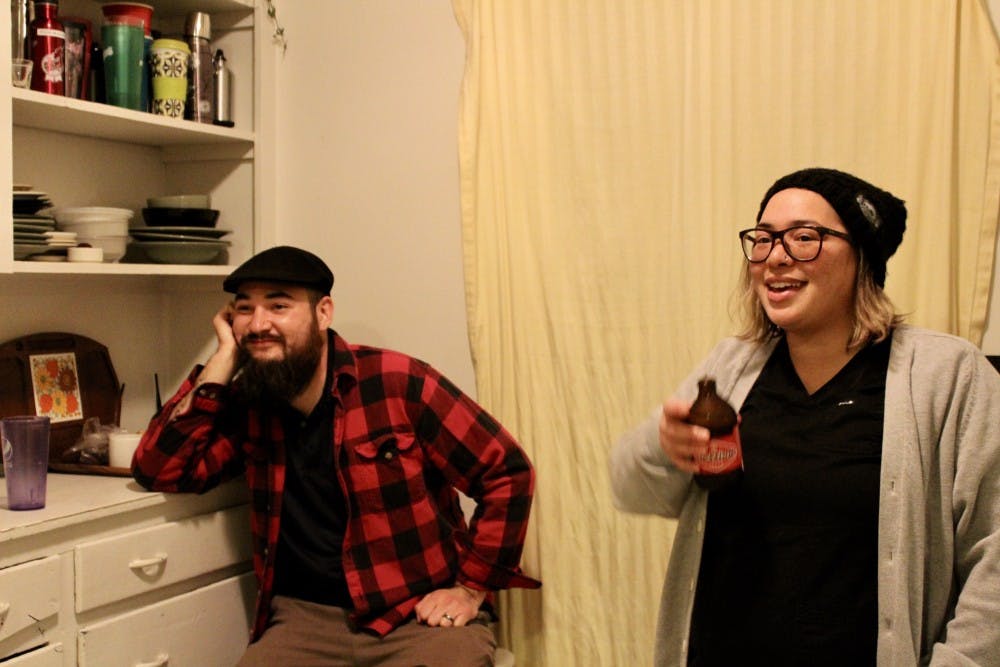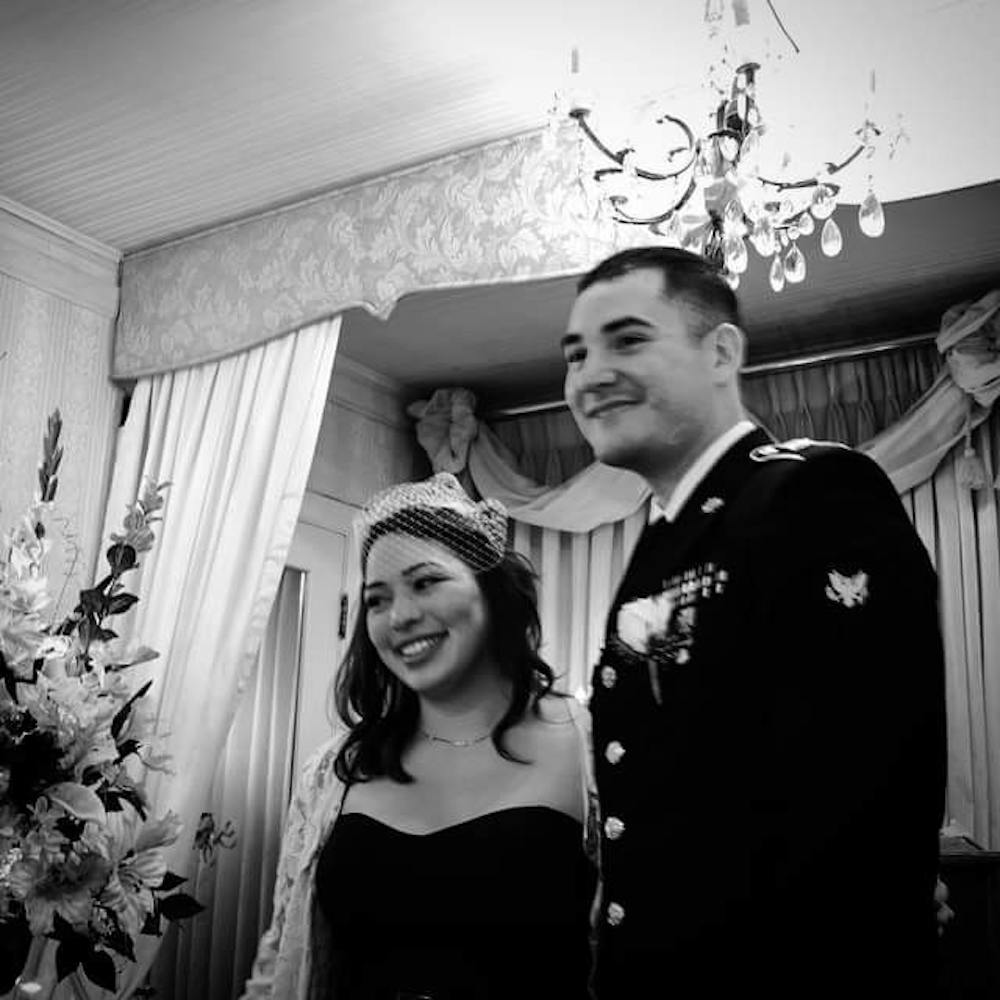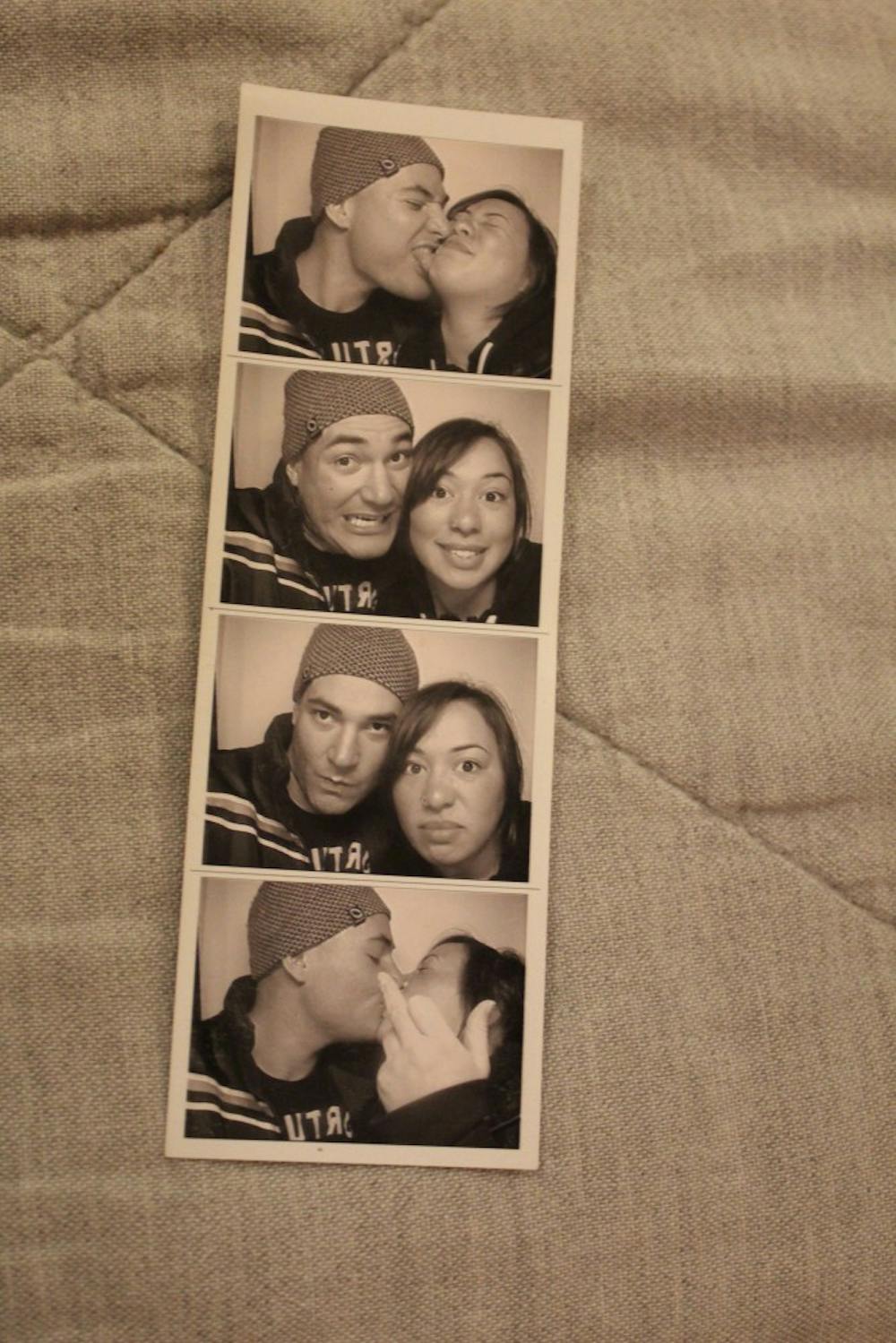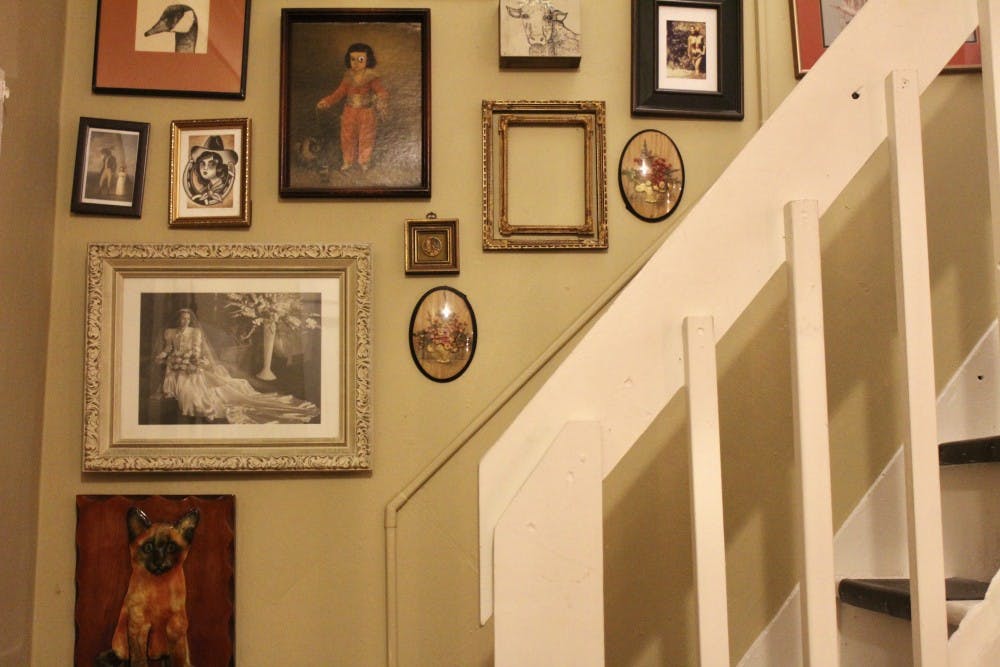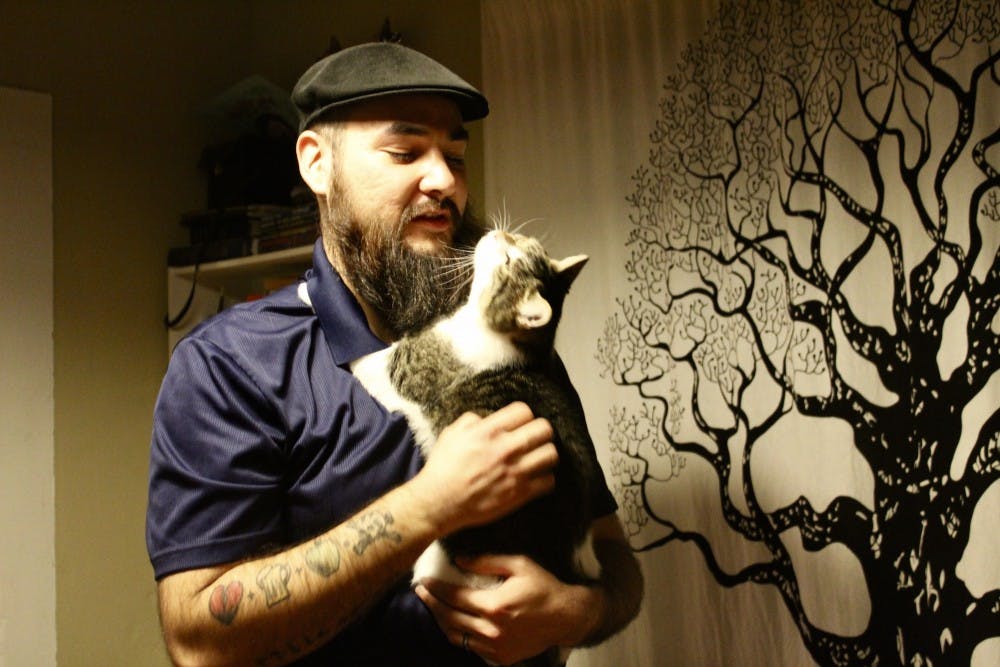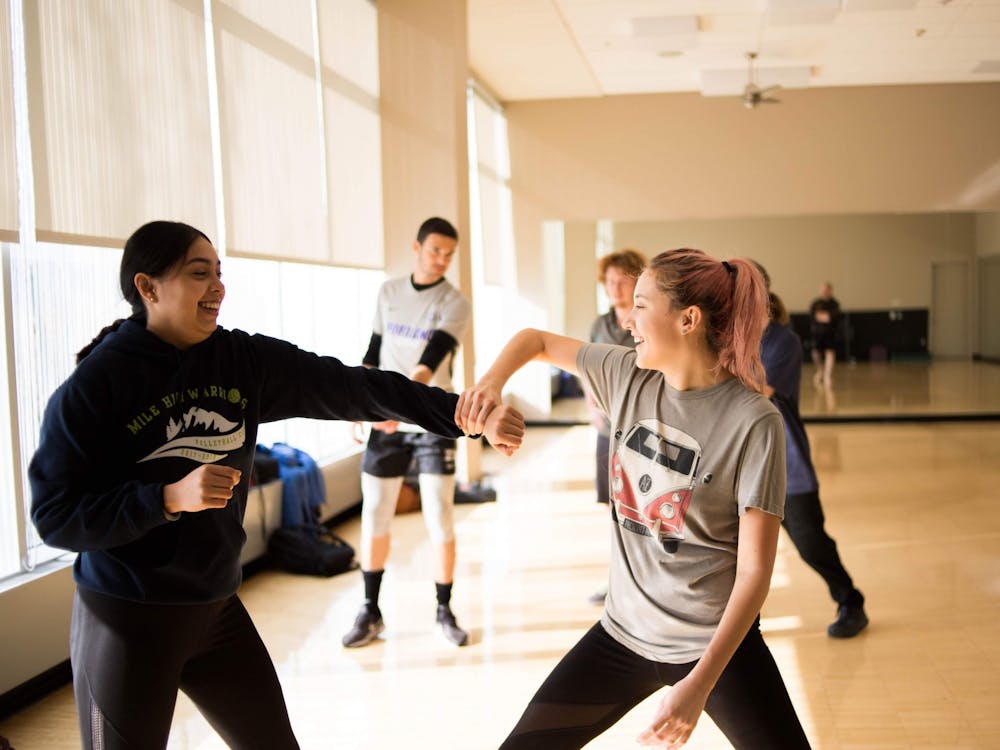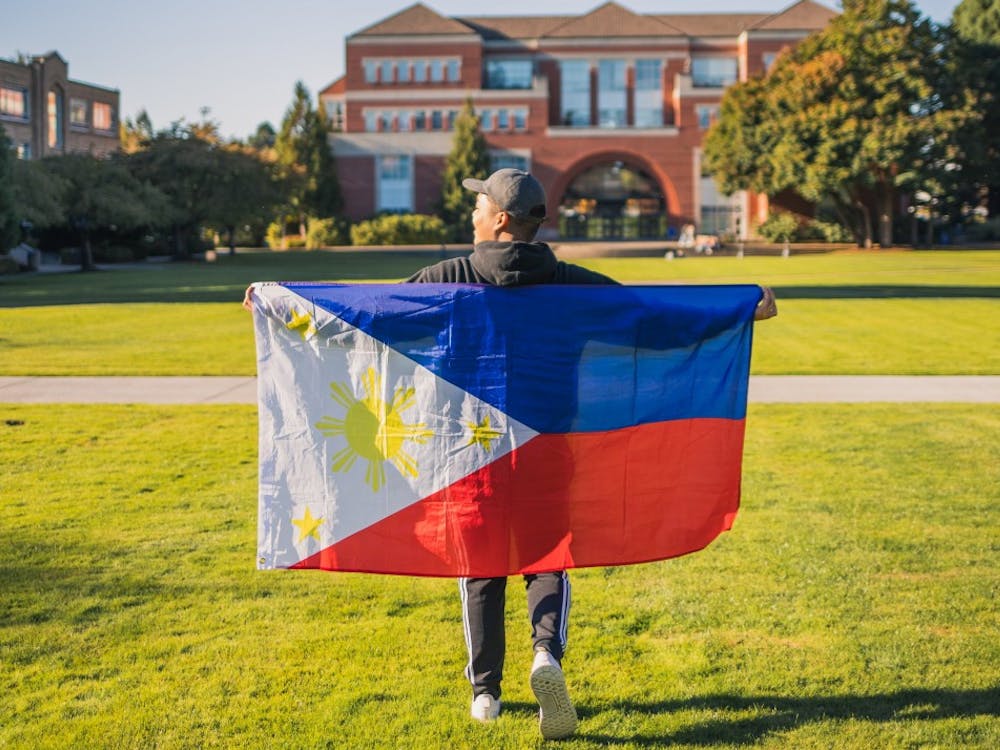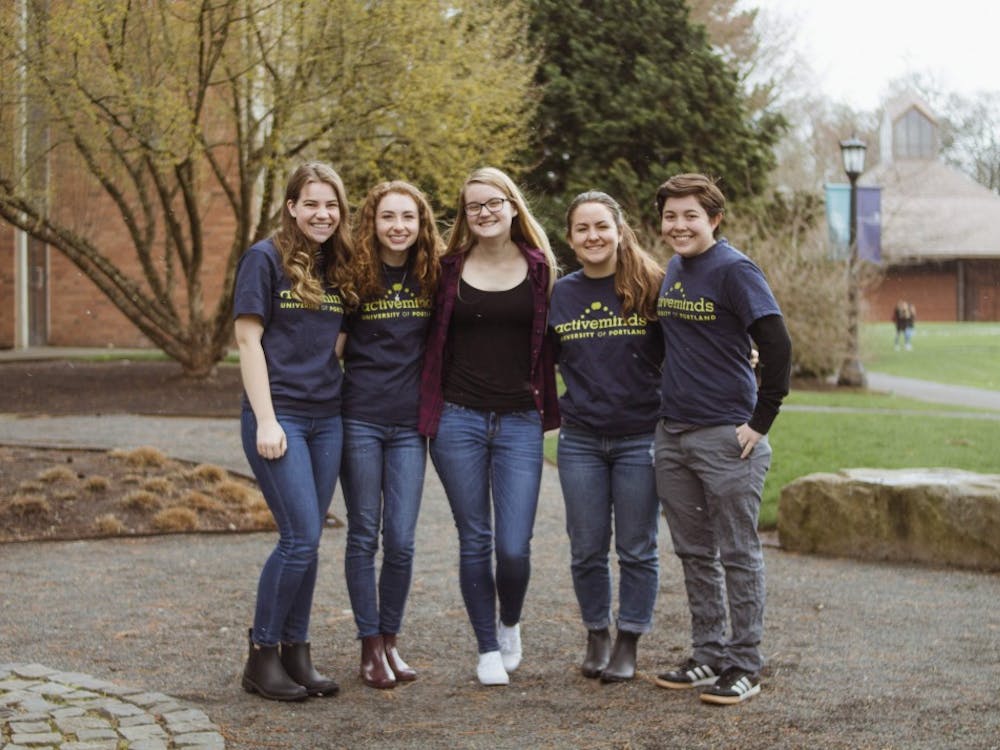Mah never shot and was never shot at. His time was primarily spent searching for and deactivating improvised explosive devices, or homemade bombs that were hidden by enemies just below the surface of the dirt roads near his base. The bombs were pressure-activated, and would explode if they were driven over or stepped on.
He recalls driving for miles and miles thinking, “Please don’t explode. Please don’t explode. Please don’t explode.”
It wasn’t like the movies, Mah explained. “Traditional war isn’t fought like that.”
One day while in Afghanistan, Mah received a package from his grandfather. It contained letters his great-grandfather had exchanged with his great uncle during his World War I deployment.
The 1917 correspondence between the Canadian solider and his brother was set in a totally different world, and yet, the narrative made sense to Mah.
“I’d be like flipping through and they’d be talking about how they’re taking vacation from the front to go to wine country in France or how they’re picking lice out of their bedding— it was very different, but the tone of the narrative just really resonated with me,” Mah said. “Being a soldier, no matter where you are or what era, it’s very similar in experience I think.”
Coming Home
After returning from deployment, Mah served one more year on Fort Campbell in Kentucky, and was soon done with the active duty time requirement on his contract. His contract, which was for eight years, will be up at the end of 2018. Until then, he could still technically be deployed should the U.S. go to war. But it’s very unlikely, he said, and this possibility does not cause him to worry.
Still, upon release from active duty, many veterans struggle with the adjustment to normal life. The military provides a regimented lifestyle, a sense of purpose, and an irreplaceable camaraderie. When all of these things suddenly vanish, many find it difficult to self-direct, and lack a sense of purpose.
“When you’re a soldier, you have a defined purpose. But when that is taken away from you, what are you?”
Mah explained that this abrupt transition often ushers in mental health struggles for floundering veterans. For him, it’s been a battle with social anxiety disorder.
According to the U.S. Department of Veterans Affairs, this disorder manifests itself in many veterans, and “the anxiety is strong and long-lasting and gets in the way of them doing things they want to do, especially when they avoid social situations that cause them to feel uncomfortable.”
Although anxiety is a large component in post-traumatic stress disorder, or PTSD, which many veterans suffer from after returning from combat zones, this is not Mah’s diagnosis.
“Joe doesn’t have full PTSD, but he would have these anxiety episodes where he would lash out emotionally or have panic moments,” Kanaeholo said, reflecting on the first few years after Mah returned from deployment. “Once he started getting involved in things and found a focus of where he wanted to be, I’ve seen a huge shift in how he deals with things, and how he interacts with people.”
Organizations such as Mental Health First Aid work with veterans and their families to break down the stigma around mental health, connect them with resources, and ultimately, prevent suicide in veterans.
Mah found the support he needed in the Returning Veterans Project, an organization that provides free health and wellness services to Oregon veterans, and in the Disabled Veterans Vocational Rehabilitation, a program that was developed through the U.S. Department of Veterans Affairs that funds education or vocational training for veterans deemed disabled after returning from combat.
It is because of this program that Mah is able to fund his education at the University of Portland, an institution he chose because of the small class sizes and the close proximity to his North Portland home, both of which ease his social anxiety.




